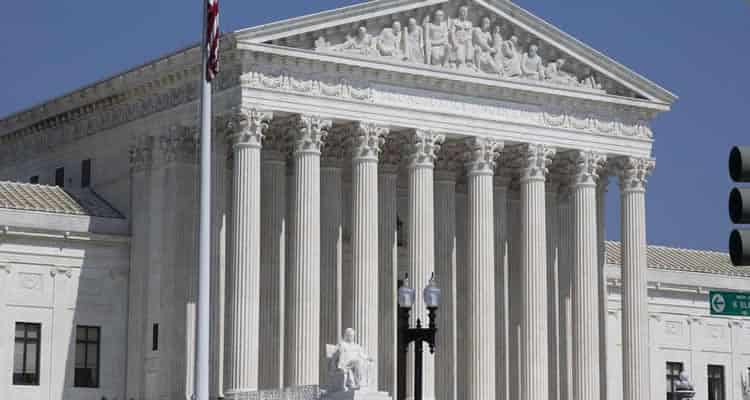When the Professional and Amateur Sports Protection Act of 1992 (PASPA) was signed into law, it was foolishly seen by many as a way to stamp out the evils of gambling as it related to both professional and college sports. The legislation, also known as the Bradley Bill, was named after the bill’s main sponsor former New York Knick, Bill Bradley, who was a New Jersey Senator at the time. Now, more than two decades later, it is New Jersey that is fighting tirelessly in trying to get the law repealed.
This past June, the U.S. Supreme Court refused to hear New Jersey’s appeal of lower court rulings that upheld PASPA in connection with New Jersey’s legalization of sports betting in 2012. While that may temporarily end the fight, another battle may depend on the right judge’s interpretation of the U.S. Constitution. New Jersey claims that the Professional and Amateur Sports Protection Act is unconstitutional due to its infringement on states’ rights. The primary opposition to New Jersey’s efforts is represented by the NFL, NBA, NCAA and MLB leagues, who are fighting tooth and nail to make sure expansion of US based sports betting does not take place.
The biggest argument in this fight to declare the law unconstitutional has been the fact that other states along with New Jersey believe that this boils down to a states’ rights question. They point out that four others states (Delaware, Montana Oregon, along with Nevada) were exempted from the original legislation, which would violate the principle of equal sovereignty, as well as damage the power of individual states to regulate their commerce, which is covered under the Tenth Amendment.
That states’ rights issue becomes even more pronounced when looking at the other gambling-themed entities which are already regulated by states. These include lotteries, casinos, as well as horse and harness racing tracks. Perhaps the most absurd aspect that was derived from the original passing of PASPA was that if sports betting, college sports betting in particular, were to be legalized, it would forever damage the moral fiber of America’s youth.
Opposed parties claim that expanding US sports betting options would introduce corruption into the college and professional sports leagues. There is no evidence of this however, and because this has not become a rampant problem despite the fact that US residents are able to bet on college sports through legal destinations in gambling regions such as Las Vegas, this argument is really weak according to most proponents of sports betting.
Given the string of gambling scandals pertaining to college sports that have periodically arisen since the law’s passage, it’s fairly clear that the NCAA’s attitude toward the legalities involved is an absolute joke. From Arizona State and Northwestern in college basketball to Boston College and Toledo in college football, young adults apparently haven’t gotten the memo that the law which allegedly protects them is a toothless tiger. Yet despite those examples, the NCAA continues to talk about the need to protect against the evils of college sports betting, even while they find it impossible to put out ethical and criminal fires that rage throughout their membership.
Regrettably, PASPA seems destined to remain on the books for at least the near future, despite obvious evidence of rampant hypocrisy with respect to the laws of sovereign states. New Jersey may just be the force that blows the controversy open enough for change to occur. Those of us involved in the industry will be watching and waiting to see what transpires as NJ proceeds with launching their state based sports betting industry in a way that they say complies with existing laws due to special provisions regarding specific restrictions applied to their betting lines.

